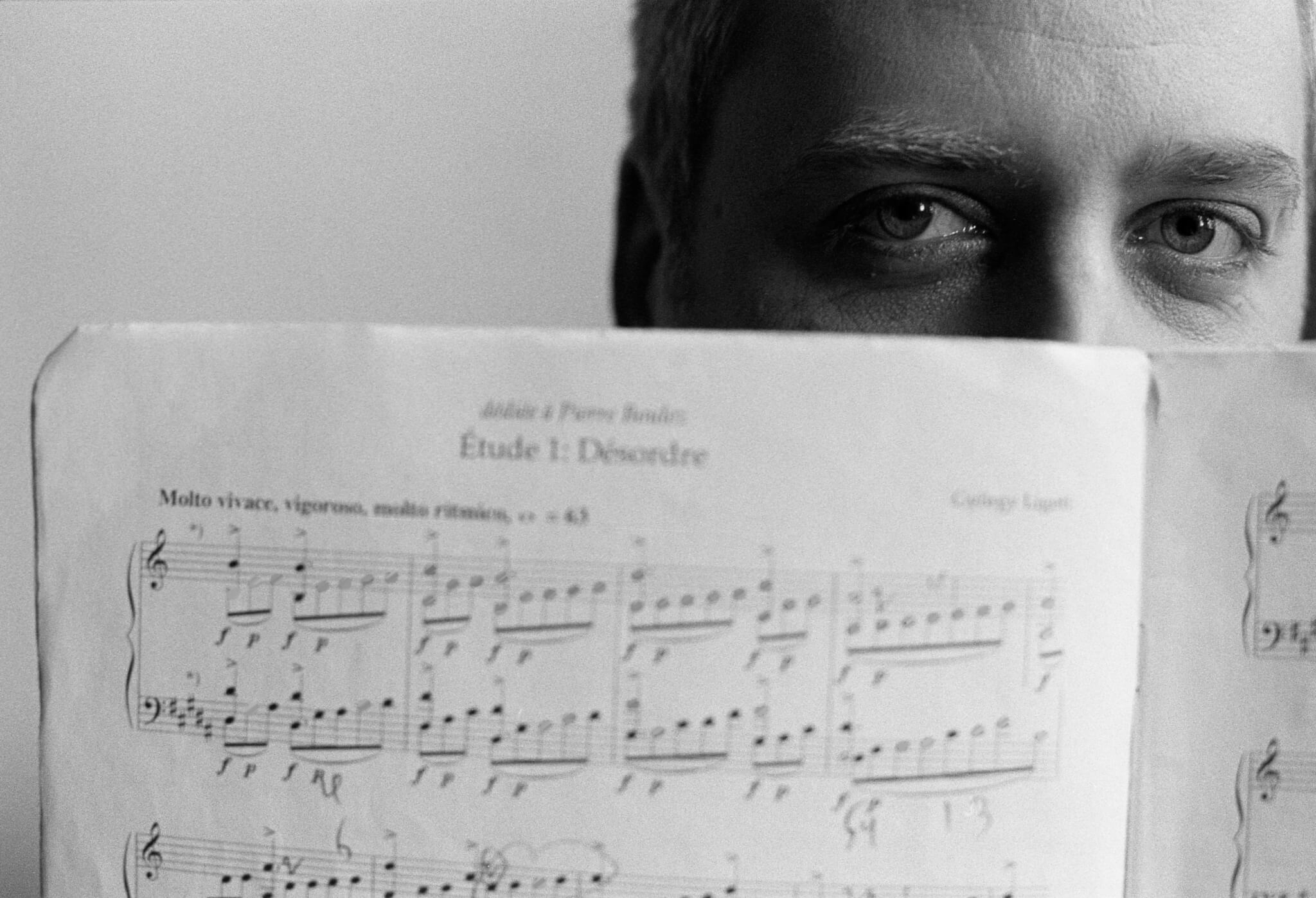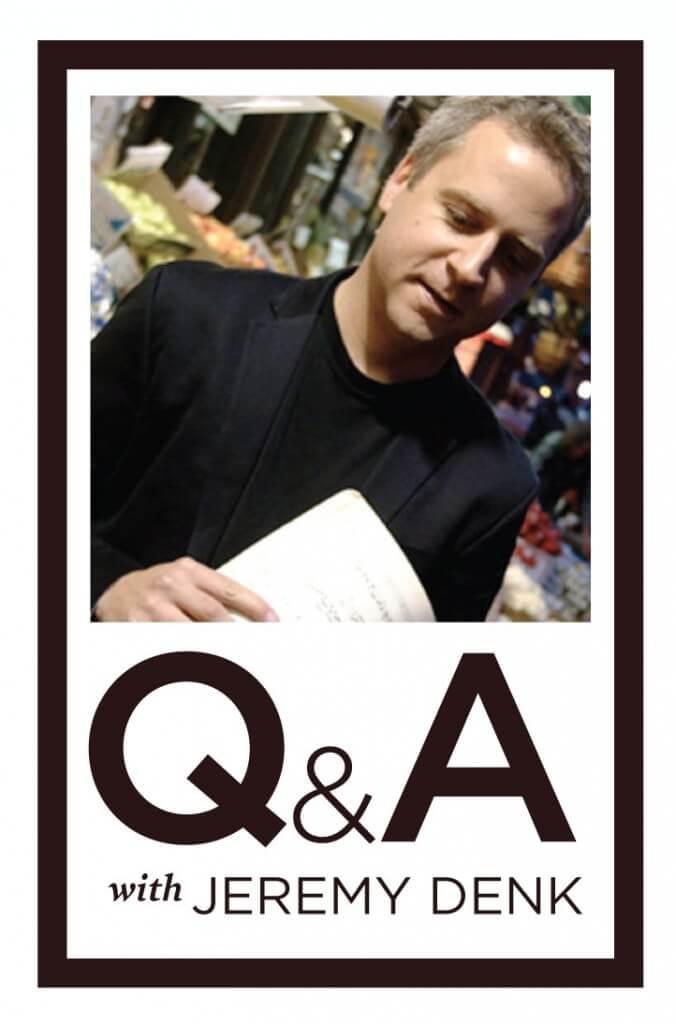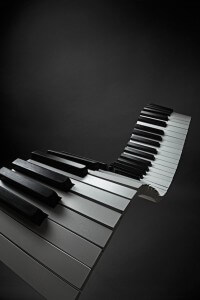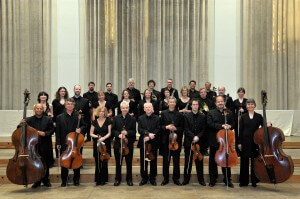Q&A with Jeremy Denk: Part II


Known to Purdue audiences from 2008’s collaborative recital with Joshua Bell and a 2009 solo appearance, Jeremy Denk will return to Purdue University—with the Academy of St. Martin in the Fields—on March 24.
Q&A with Jeremy Denk, Part 2
(read part 1 of our Q&A with Jeremy Denk)
Q: You’ve mentioned that performing and writing engage your imagination in similar ways. When you play a piece like Ives’s “Concord” sonata, inspired by the Transcendentalists, how do you connect with the composer and authors in your performance?
Jeremy Denk: It’s not very difficult for me to connect with the “Concord” sonata, because I’ve always been a fan of Emerson and Thoreau. They’re a huge part of our American heritage, and Emerson is one of the most beautiful users of metaphor. In that way, Ives’s love for Emerson and mine form a mutual admiration society. Schumann was also writing to certain favorite books of his—often pretty experimental books, at least at the time. I enjoy the ways that composers try to capture the quirks and the great qualities of certain authors. Ives was after Emerson’s tendency to reach for immense epiphanies and sort of cast out in every direction—not always in a very organized way, but casting out after inspiration however he could. Ives loved music that reflected this.
Q: Places seem to make strong impressions on you, and you often include descriptions of and ruminations on them in your writing. You studied and taught at Indiana University for several years; what does Indiana evoke?
JD: I wrote a lot about my Bloomington time in The New Yorker piece on piano lessons. Of course, a lot of that had to do with Sebők, who was the great lure when I was there. I sort of put the brakes on my life a little bit and sheltered myself away there to study, think about music, and try to get my playing to be better. A lot of my memories of Bloomington are about that, actually: calm summers and also times with friends in Brown County, and fall—because fall is so amazingly gorgeous in Bloomington. It was a happy period in my life. The actual building is a little subterranean feeling. In the way of music buildings, the practice areas tend to be the ugliest they can possibly be, so that you have no temptation to think about anything but the music.
A lot of my memories of Bloomington are about that, actually: calm summers and also times with friends in Brown County, and fall—because fall is so amazingly gorgeous in Bloomington.
Denk on his time in Bloomington, Indiana

Jeremy Denk wrote “Every Good Boy Does Fine” for The New Yorker in 2013.
Q: In that essay for The New Yorker, you also describe the moment when you realized you had to break away from studying with György Sebők to go your own way. Your program includes works by Dvořák and his student and son-in-law Suk. Are there any similar tensions between the compositions of these two, whose lives were so intertwined?
JD: I don’t know that much about Dvořák and Suk’s relationship—pedagogical or otherwise. Generally, the student–teacher relationship is quite fraught and has elements of all kinds of different things, like a parent, child, or elements of a therapist. There’s even some element of love, because a teacher is someone who shows you things that you’ve never seen before. With Sebők, that was an overwhelming feeling—of his having shown me partly how idiotic I had been, but also all kinds of things about music that I somehow knew inside but had never really known consciously. So he showed me part of myself that I had never seen. It’s obviously incredibly fraught and tense. I think that was why I eventually had to leave, in order to digest all the things he had shown me and make an identity for myself.
Interview by Stacey Mickelbart
Tickets
 Academy of St. Martin in the Fields with Jeremy Denk, piano
Academy of St. Martin in the Fields with Jeremy Denk, piano
March 24 / 7:30PM / Elliott Hall of Music / $22-45 / Children & Students: $15
Purchase Online